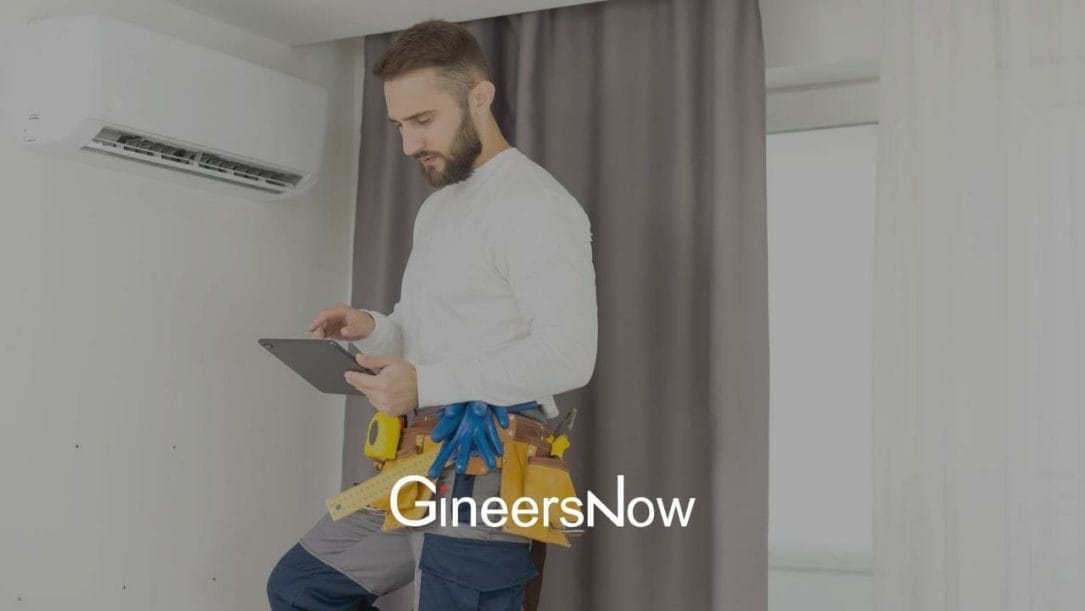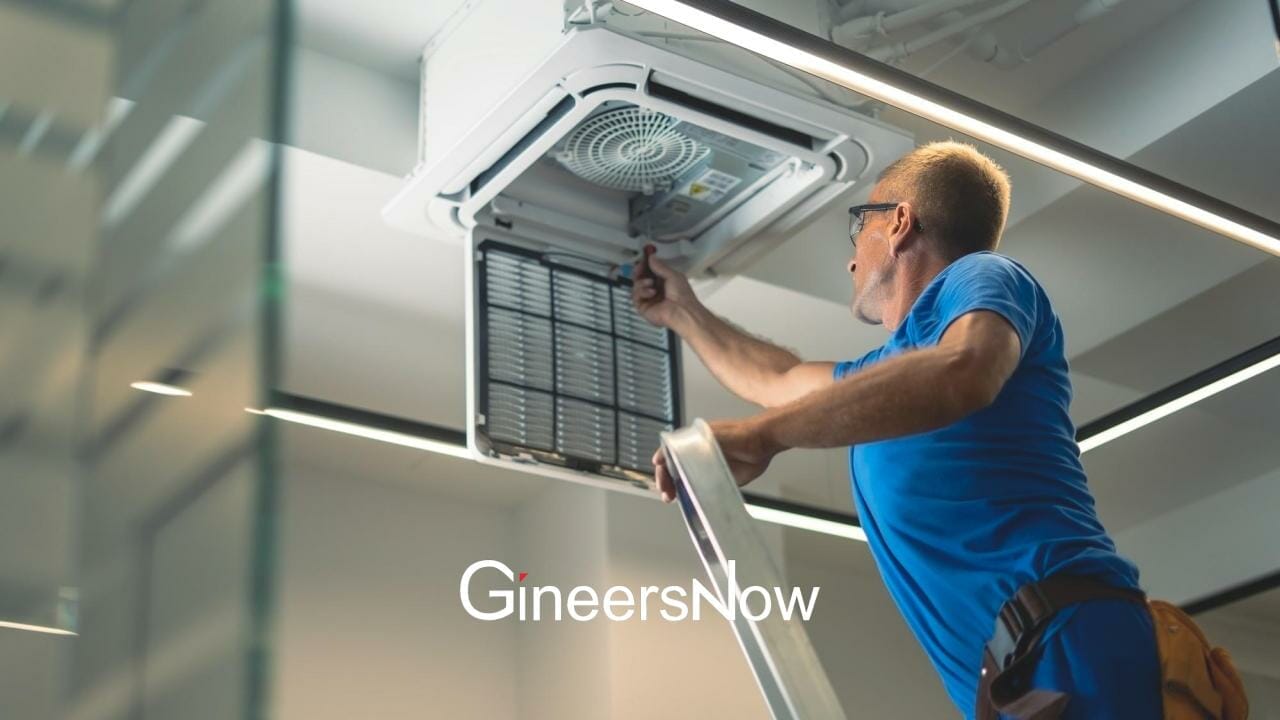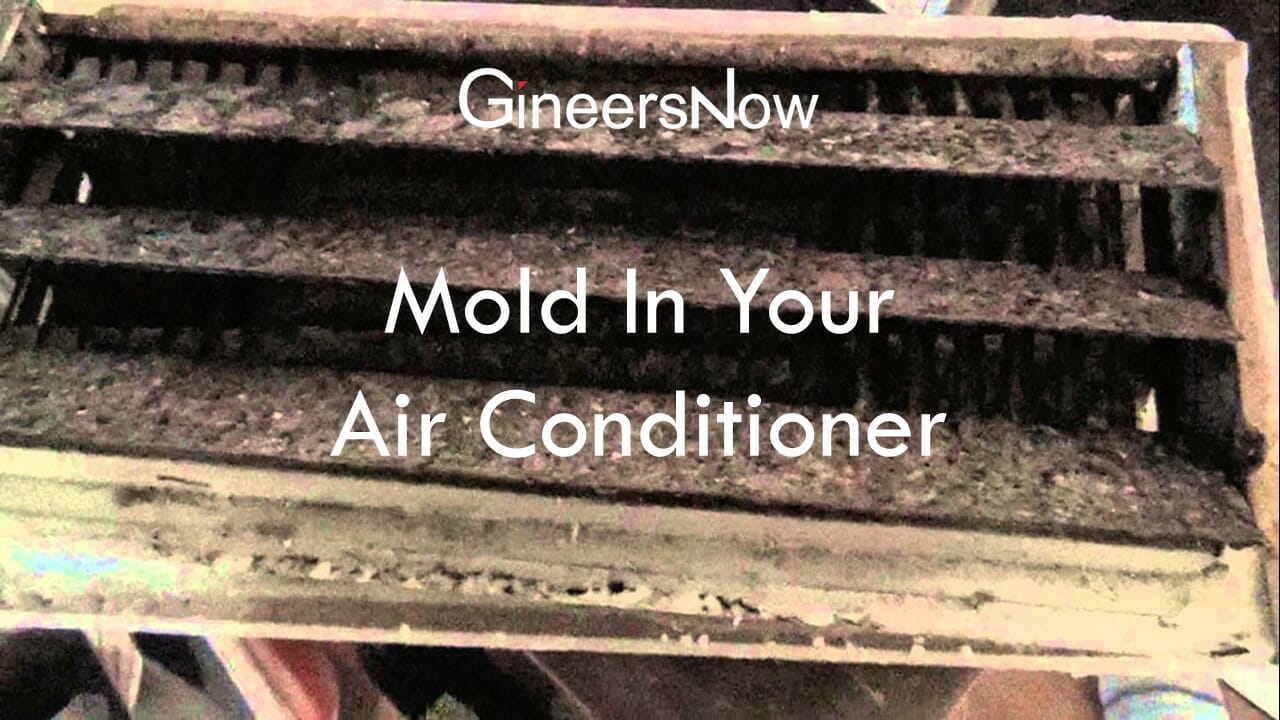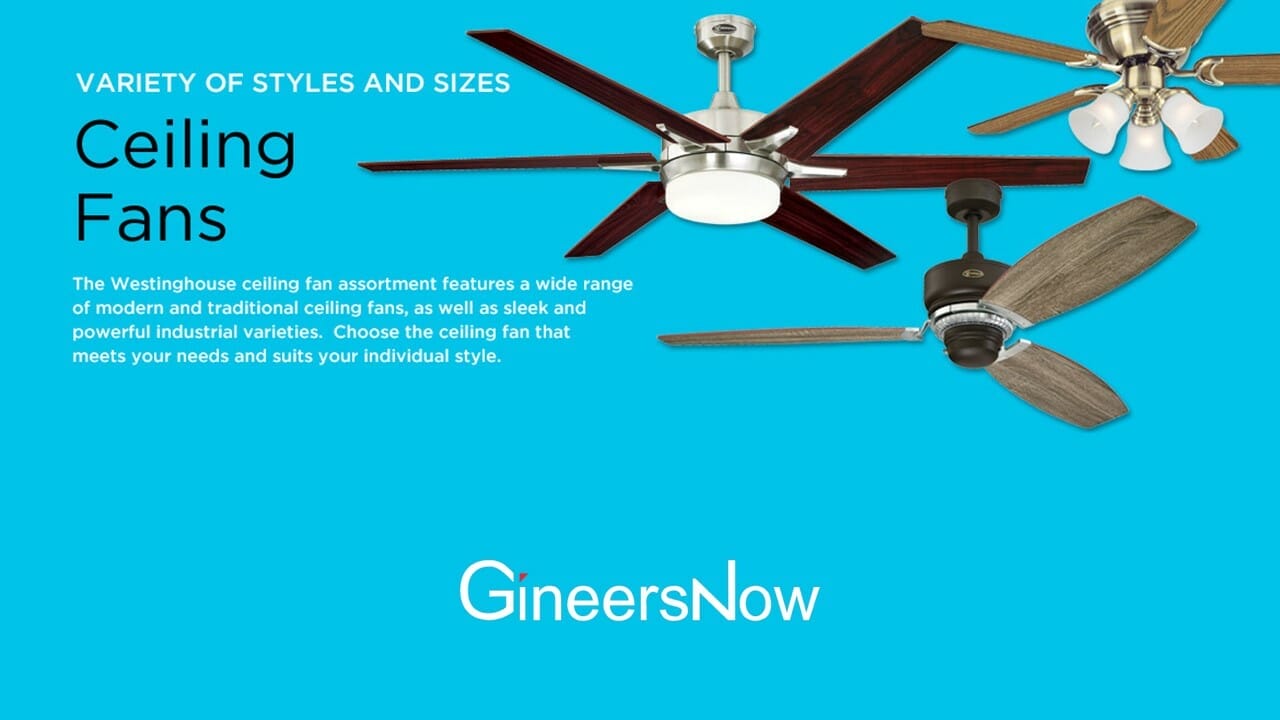HVAC systems are an essential part of many homes. Due to their efficiency, a compound annual growth rate of 5.43% is projected for the HVAC industry from 2022–2028. Increased IoT integration with HVAC devices has made them cutting-edge and widely available, causing a dramatic shift in the worldwide industry.
All year long, your HVAC system operates nonstop. At that rate, it won’t endure forever. Air conditioners have an average lifetime of 12–15 years, whereas furnaces endure an average of 20 years. Over time, any home’s systems will need to be replaced.
You’ll want to put it off as long as possible since it’s one of the costlier house maintenance projects you’ll eventually have to deal with. In order to ensure that your HVAC system serves you well for as long as possible, we have compiled a list of six suggestions.
Plan for Two Tune-ups Each Year
Although HVAC systems aren’t extremely high-maintenance, regular upkeep is still essential. You should get your HVAC system checked, cleaned, and tuned up twice every year. For maximum efficiency on the first day you need it, schedule your air conditioner’s maintenance in the spring and your furnace’s maintenance in the late summer or early autumn. This will also give you time to address any major issues with either system before you have to make the transition.
As part of a tune-up, your air conditioner will have its moving parts inspected and oiled, its condenser cleaned, its condensate drain tube cleared of buildup, its refrigerant levels checked, its filters changed, and its heat exchanger inspected for cracks, among other things. If you’re not sure when is the right time for a tune-up, click here to learn more about the process and find a reputable HVAC specialist in your area that will provide regular maintenance for a fair price.

Frequently Replacing the Filter
Your HVAC specialist should inspect the filters twice a year during the maintenance visits, but ultimately, it’s up to you. Homeowners should routinely inspect their 30-day disposable fiberglass filters and 3-month pleated filters. They should be changed out early if they’re filthy enough.
If your air filter is unclean, your heating, ventilation, and air conditioning unit will have to work more to provide air throughout your house. This can be particularly stressful on the fan, but it can have negative effects on the whole system.
Make Use of the Auto Fan Mode
The ‘auto’ option tells the fan to operate only when the HVAC system is actively heating or cooling, while the ‘on’ setting tells the fan to run continuously. For more efficient energy use in between heating and cooling cycles, some systems use dual-speed fans.
The ‘on’ option has several useful features. It aids in dust collection, making it less bothersome for those with respiratory sensitivities or allergies. However, the biggest drawback is that it shortens the lifespan of the system by making it work harder than it otherwise would. It also causes filters to clog more quickly, which can put a strain on your system if you don’t replace them periodically.
Inspect the Condenser
The condenser for your air conditioner sits outdoors, where it can withstand different weather conditions. However, it’s vulnerable to storm-related damage, such as from hail or flying objects. Check your condenser for damage on a regular basis, particularly after severe storms.
While you’re at it, pull any weeds or leaves that have grown up around the condenser, and remove any plants that have taken root too close to the air conditioner. Give your condenser some breathing space.
Invest in Better Insulation
Your HVAC system will last longer if you reduce the number of times you use it. Insulation is your greatest ally in the fight to keep your conditioned air where it belongs, in your house.
The attic is the first and foremost location to inspect for insufficient insulation. Check the insulation climate map and recommendations in your area to determine the proper quantity and kind of insulation to install.
If your property lacks appropriate insulation overall, your might also benefit from having the basement and wall cavities insulated. A professional energy audit is the best approach to finding and assessing problem areas with your insulation.
Get a Smart Thermostat
Smart thermostats let you set the temperature from your phone or tablet. For even greater energy savings with no further programming on your part, some devices can actually learn your HVAC use patterns and routines.
If you can more easily adjust the temperature in your home, you’ll probably use it less. That’ll also extend its lifespan.
Final Thoughts
If you take these precautions, your HVAC system will last as long as it should. If you haven’t had maintenance done in a while, you should contact a professional to do it. To ensure that your HVAC system serves you well for many years to come, make sure you follow their advice.










